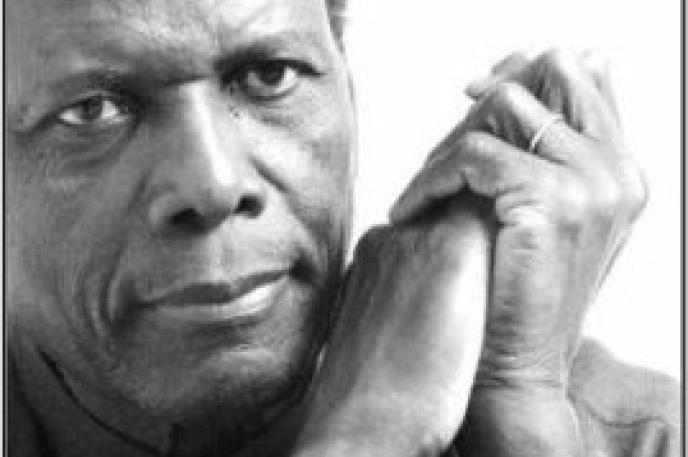
Trailblazing actor Sidney Poitier recognized
March 22, 2022
When the Academy Awards airs its “In Memoriam” segment this year, it will include Sidney Poitier who was the first Black actor to win the award for Best Leading Actor in 1963.
Poitier, who passed away earlier this January at the age of 94, was a role model for Black performers for years, and that legacy continues to this day. Two current Academy Award nominees for best actor, Will Smith and Denzel Washington have expressed such to the public with Smith sharing the following message on Instagram:
"An icon, legend, visionary, and true pioneer. Thank you Sidney Poitier for breaking down barriers, creating the path and making it possible for there to be a Will Smith!"
Washington also reflected on their longstanding friendship stating, “He was the one we all followed and it was an honor to be able to call him a friend.”
The longevity of Poitier’s impact on Hollywood is undeniable. The New York Times reported that his “portrayal of resolute heroes in films like To Sir with Love, In the Heat of the Night, and Guess Who’s Coming to Dinner (all films released in 1967) established him as Hollywood’s first Black matinee idol and helped open the door for Black actors in the film industry.”
What’s more, the newspaper reported how Poitier shaped his extraordinary film career. It stated the actor’s characters often simmered “with repressed anger” and “responded to injustice with quiet determination.” Overall, Poitier portrayed restrained and calm individuals. That typecasting calculation by Poitier led to success as white viewers were pacified by his work. Conversely, some Black moviegoers came to expect more aggressive behavior and emotion on the screen. To partially explain his plight, Poitier once wrote “I felt very much as if I were representing 15, 18 million people with every move I made.”
Entertainment Weekly Columnist Mark Harris wrote, “Famously, he refused to play bad guys, even those that would have allowed him to challenge himself and stretch his talent. Near the height of his success, he even turned down the chance to star in a film version of Othello, unwilling to risk playing a Black man inflamed by sexual jealousy over a white woman. ‘If the fabric of the society were different, I would scream to high heaven to play villains,’ he said at the time. ‘But…not when there is only one Negro actor working in films with any degree of consistency.’”
In the early 1960s, after years of acting on the stage, in television and in movies, Poitier reached the pinnacle of entertainment honors with the Oscar award for “his performance in the low-budget Lilies of the Field, as an itinerant handyman helping a group of German nuns build a church in the Southwestern desert.” During that time, Poitier also quietly helped in the Civil Rights Movement. The result was an on-screen persona buttressing his stance. “His roles tended to reflect the peaceful integrationist goals of the struggle,” wrote the New York Times.
In the decades to follow, Poitier worked as an actor, director and producer in films, and for a period, skipped onscreen work until the late 1980s. His last roles were on television and included portraying Supreme Court Justice Thurgood Marshall and the imprisoned Nelson Mandela in South Africia.
Charlotte Mecklenburg Library has a variety of Poitier’s acting work in major roles as in The Defiant Ones (said to be one of his favorite movies), To Sir with Love and his more recent in The Simple Life of Noah Dearborn. Better yet, read about his life and more in the booklist entitled Sidney Poitier: a selected retrospective.
--
This blog was written by Lawrence Turner, an adult services librarian at South County Regional Library.
